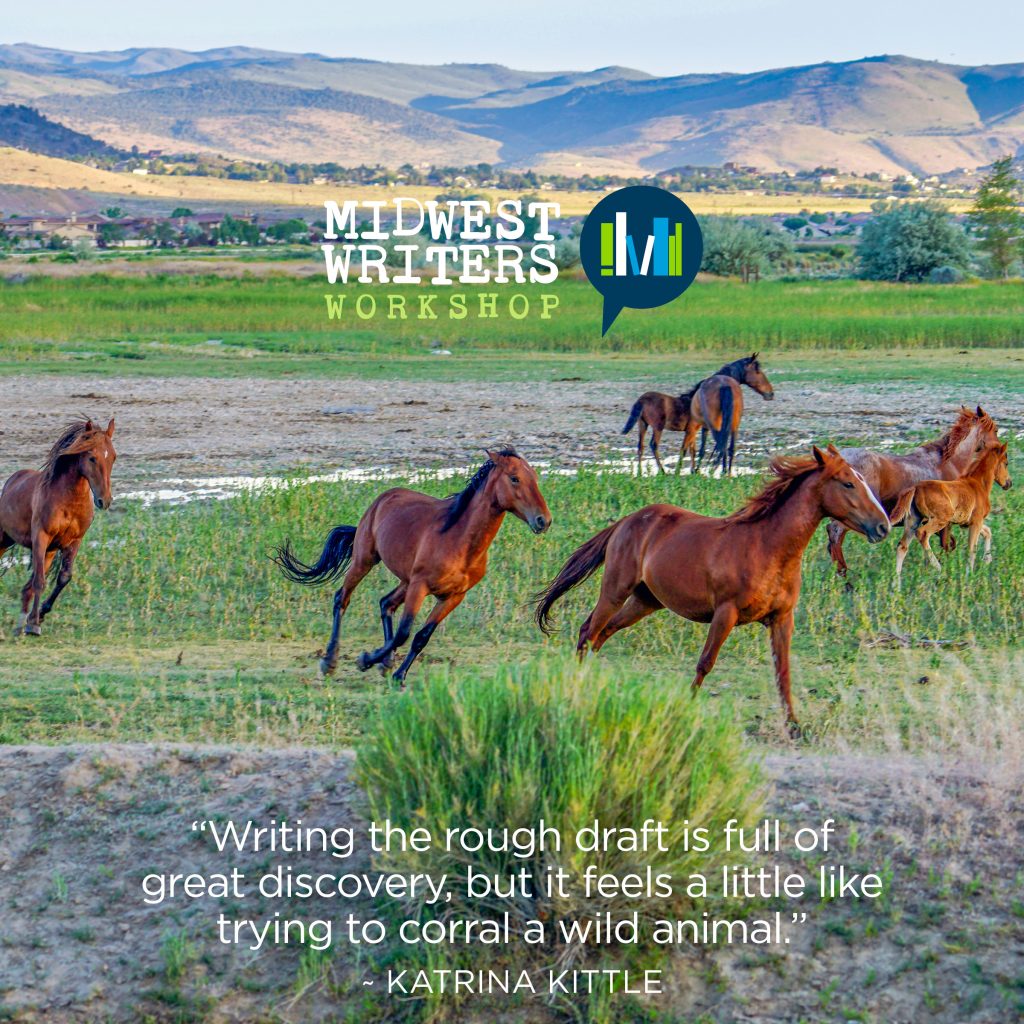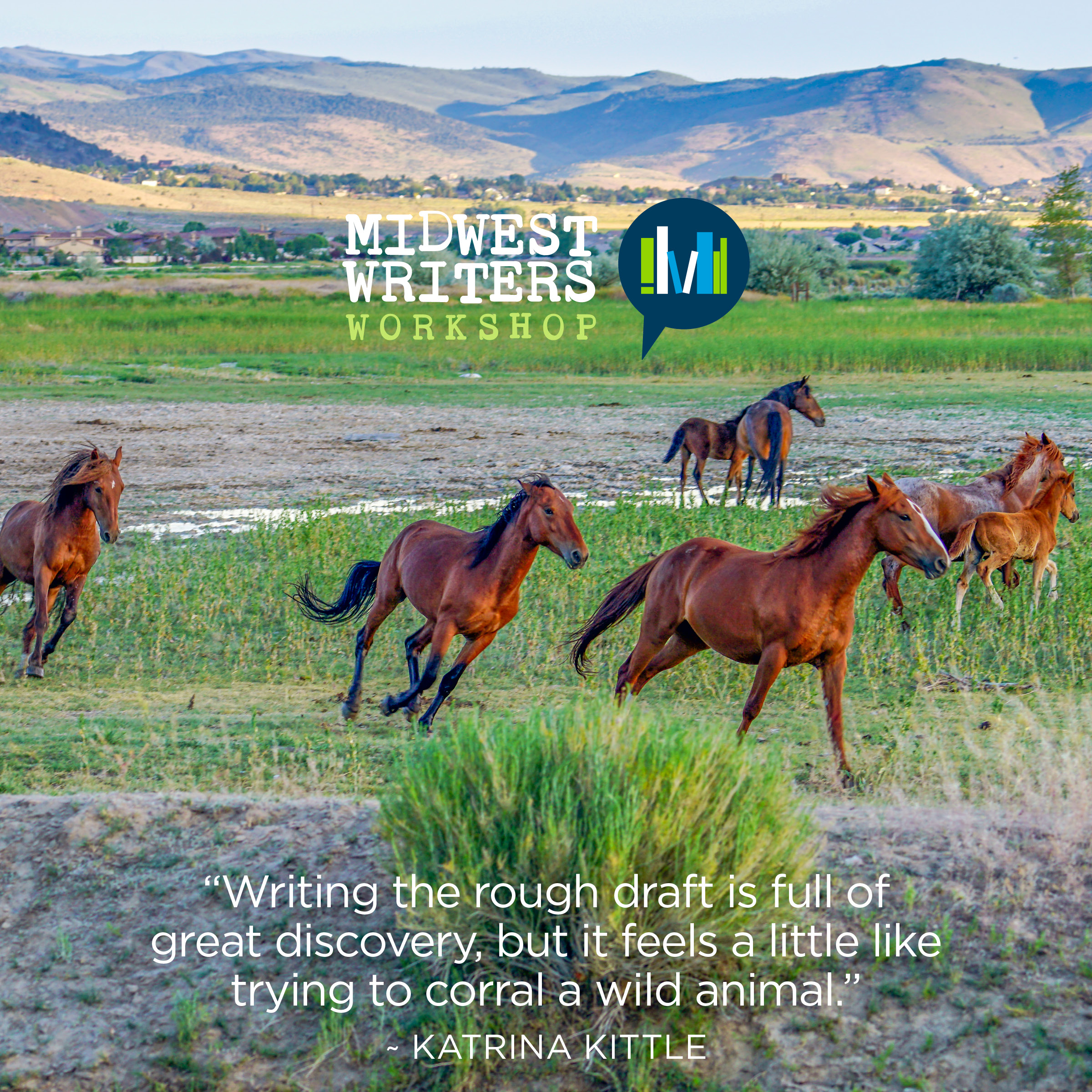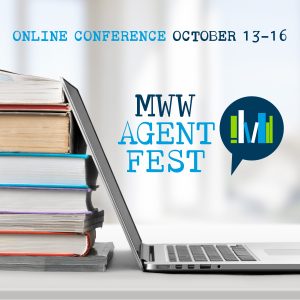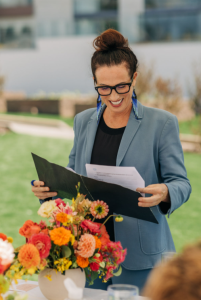Katrina Kittle is the author of Traveling Light, Two Truths and a Lie, The Kindness of Strangers (winner of the 2006 Great Lakes Book Award for Fiction), The Blessings of the Animals, and Reasons to Be Happy. Katrina’s new novel, Morning in This Broken World, is forthcoming in June of 2023. She teaches creative writing workshops through Word’s Worth Writing Connections, focusing on craft and motivation (and is especially good at jumpstarting stalled writers). She is a public speaker, most often leading her “Leap and the Net Will Appear” and “Happy Class” workshops. She has been on faculty for the Antioch Writers’ Workshop, the Erma Bombeck Writers’ Workshop, the Chicago Writers Association Conference, The Writer’s Digest Novel Writing Conference, and the Writer’s Block Conference in Louisville. She is currently a Lecturer in Creative Writing at the University of Dayton. Katrina has a thing for goats, gardening, and going barefoot; and is addicted to coffee, pedicures, and movies. She is on Instagram and Twitter @katrinakittle.
Find out more at https://katrinakittle.com/
Katrina will teach the sessions “Wooing Your Muse: Reclaiming Your Pre-Pandemic Moho and Jumpstarting Your Writing Practice” and “Revision: Approached It Like Triage,” and as a panel member for “Point of Entry (about novel openings)”.
Q&A with Katrina Kittle
Leah Lederman, MWW publicity chair, had a few questions for Katrina Kittle about her upcoming sessions and her outlook on writing. Hopefully you find this interview as refreshing as we did!
MWW: Many writers have created new routines for ourselves in the midst of COVID. What does dedicating time to your craft right now look like for you and what are your top two tips for writers who feel stalled during this time?
KK: Early morning is my magical, creative time. I try to pay myself first by allowing myself this best productive time for my writing. Also, I try to prepare my desk and space the night before, so that there’s nothing that hinders me falling right into the creative work. I prepare my mental space, too, by giving a bit of thought the night before to the writing goal I want to accomplish in the morning.
MWW: Oftentimes writers have a “do as I say, not as I do” approach to writing. What is some advice that you give to your students that you wish you did more of in your own writing?
KK: I wish I’d get better at grabbing little bits of time throughout the day, rather than waiting for big chunks of uninterrupted time. Just doing a ten-minute freewrite can create a sparkling gem! And those ten minutes can accumulate.
MWW: What are the most satisfying aspects of the writing process for you? Conversely, what are the most frustrating or difficult aspects of writing, and how do you cope with those issues?
KK: I really do love all parts of the process, but I think the first draft can be a little terrifying. Writing the rough draft is full of great discovery, but it feels a little like trying to corral a wild animal. Every day, there’s the fear it will run away and disappear and all the work will be lost. After I “capture” the first draft I relax and enjoy the revision process even more. To cope with that out-of-control, tenuous feeling of the first draft requires a daily leap of faith. I focus solely on getting words on the page–quantity over quality. Just catch the words, catch the words. I’ll “tame” the words later.
MWW: In The Writing Life, Annie Dillard says “Several delusions weaken the writer’s resolve to throw away work.” Talk about a time you edited something out of a book that was difficult. Why did you make the decision to remove it and how did it change the story?
KK: It’s always so difficult to throw something away…but it almost always makes the book better. You never want to leave something in just because it was difficult to write or you worked really hard to create or research it–if it doesn’t serve the story, it needs to go. My novel The Kindness of Strangers centers around a case of child sexual abuse (I know that sounds horribly depressing, but there are no scenes of the abuse actually happening! The story begins with the discovery of the abuse, so it’s really about how a community heals) and one woman Sarah’s experience being an emergency foster mom for the abused son of her dear friend. In an early draft, Sarah’s husband was alive, and as my writing group read the opening chapters they said they suspected Sarah’s husband in the abuse because he was a doctor who worked with the abused boy’s mother. Horrified, I wrote a lot of scenes showing Roy to be a model father and husband, trying to get rid of their suspicion, but then my writing friends said things like, “Something really big is going to happen with Roy because you’re giving him so much page time.” I was so frustrated! I remembered wishing Roy was just dead…and then realized that’s exactly what the book needed: for Sarah to be a recent widow. Having her be a grieving widow fit the research even better. Pedophiles go after families where the adults are distracted–from death, illness, divorce, etc.–and the children are hungry for adult attention. Removing him obviously caused a lot of work, although many scenes could still exist as memories and flashbacks. Removing him raised the personal stakes and enriched the story. Having a healthy, intact family reach out to help someone is an okay story. But having a broken, grieving family find the strength to reach out to help someone worse off than they are–and have that help be what actually begins to heal them–is a much better story.
MWW: What resources would you recommend for writers to learn proper revision techniques (aside from your course)?
KK: Tiffany Yates Martin has a fabulous book–Intuitive Editing–that I can’t recommend enough. It’s so helpful and hands on about how to recognize issues in your own work and how to fix them. But any time you can see a before and after revision of a chapter or story, that can be like a master class in revision–to really dig in and look at each change, and how even the smallest changes can accumulate to really elevate and strengthen a piece of writing.
MWW: What’s your favorite takeaway from the session you’ll be teaching?
KK: For the Revision Session: Treat revision like triage–tackle the most “life-threatening” issues to the story first, then work your way to the “cosmetic” details. Both the storytelling and the language are equally important, but those revisions come in a particular order. For the Woo Your Muse Session: Treat your writing like a relationship–prepare for it, make it welcome, be creative about keeping it happy.
MWW: As a writer, what would you choose as your mascot/avatar?
KK: A mountain goat! I’m a Capricorn anyway, but you have to be so stubborn and tenacious to be a writer. A little capriciousness doesn’t hurt, either!
There are takeaways for everyone, no matter your genre.
MWW22 is an important opportunity for you to network with others and build a writing community for yourself.




